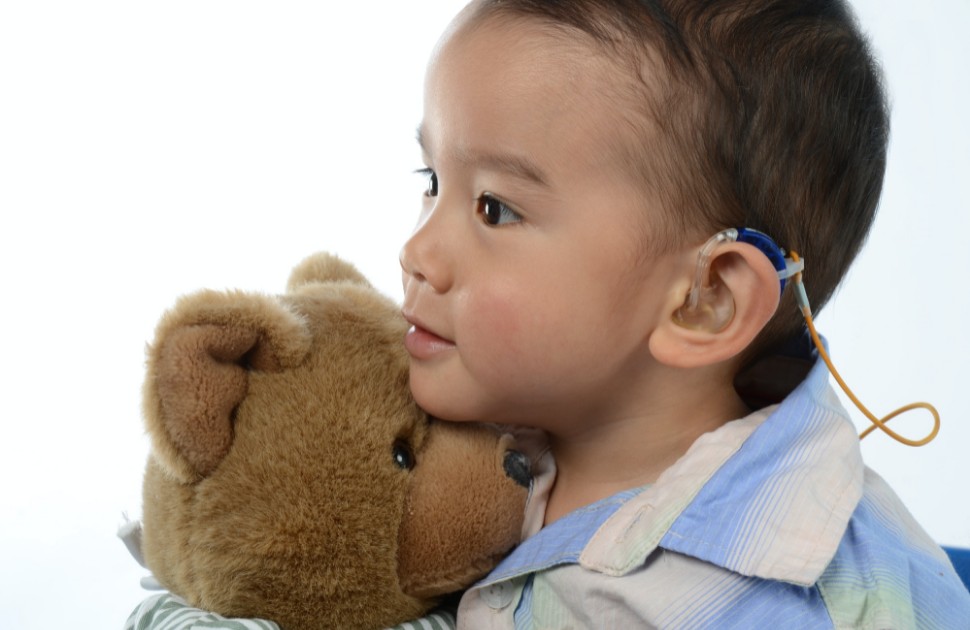We understand that there are times when children or youth might benefit from some time outside of the hospital while still an inpatient. A leave of absence pass (LOAP) is part of the treatment plan, and allows children and youth to:
- attend a special event
- take part in a family outing
- transition to home palliation
- try out being home for a little
- reintegrate more easily back while to school
Frequently asked questions:
Cold and flu season (December-April)
Every year during the winter months, many people catch the seasonal flu virus, common cold or get sick from other infections. At CHEO, we call this "peak season" because it is the busiest time of the year.
During this time we rely on you to help protect against the spread of infection—when young children and babies are exposed to the cold or flu it can be deadly.
During cold and flu season, children and youth will only receive leave of absence passes if their health-care team decides it is medically necessary

Protect, don't infect!
We need your help to lower the chance of child or youth bringing an infection back to CHEO after a pass home — especially during cold and flu season. If your child or teen will be getting a pass, we need you to:
- Let us know if anyone at home is sick with fever, cold symptoms, diarrhea or vomiting before you get the pass.
- Keep your child or teen away from crowds of people (for example, stay away from malls, movie theatres, large family gatherings). People with the flu can spread the virus to others a day before they even start to feel sick.
- Let us know before you return if your child has developed a sore throat, fever, cough, runny nose, vomiting or diarrhea. This will give us a chance to prepare for your child's return.
- Let us know if your child has been exposed to anyone with cold or flu symptoms while on pass (someone with a fever, cough, sore throat, runny nose, vomiting or diarrhea).
Hand washing
Viruses can live for days on surfaces like door handles or grocery carts. Cleaning your hands and your child’s hands often can really reduce the chance of infection. Clean hands with hand sanitizer or soap and water for 15 seconds:
- use soap and water and hand sanitizer whenever you can
- wash your hands before you eat
- avoid touching your baby or young child without first washing your hands
- wash your hands after touching commonly touched surfaces like doorknobs, handrails, elevator buttons, etc.





